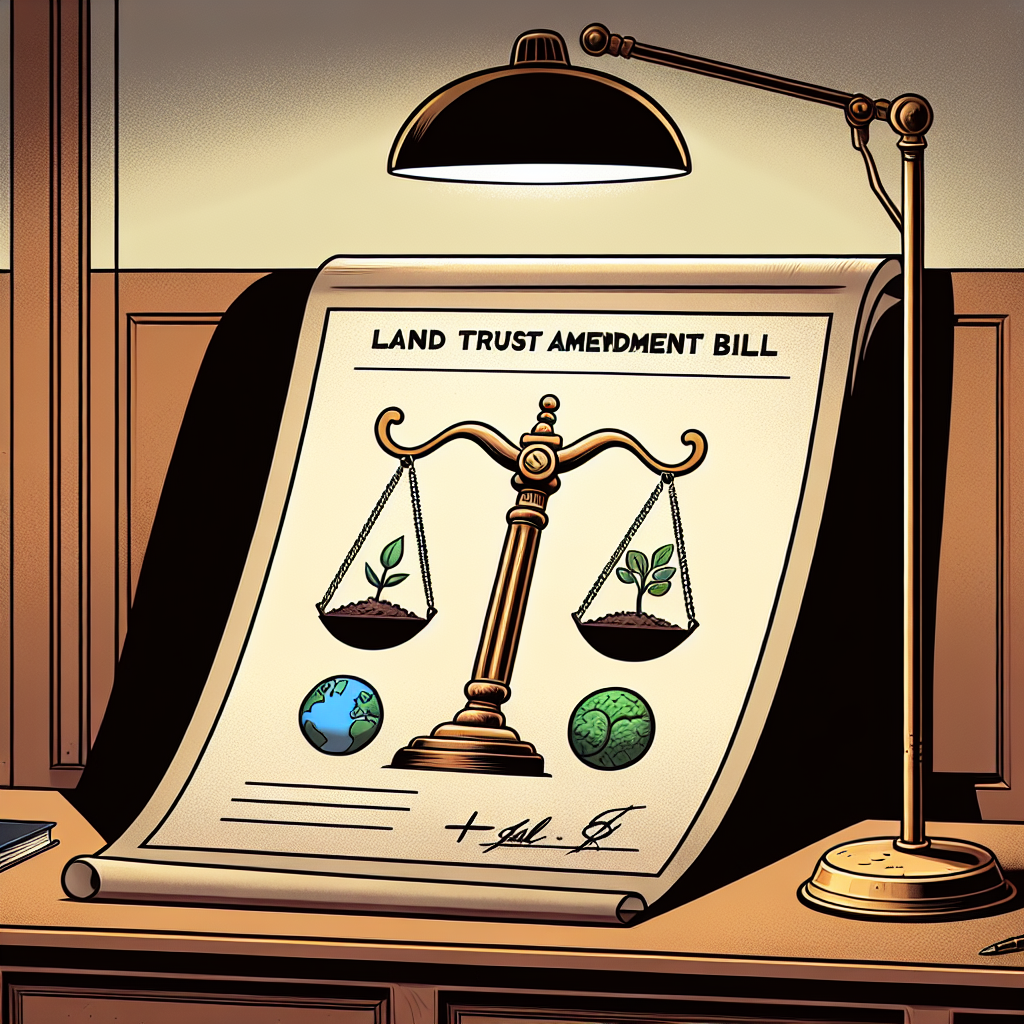Opposition Challenges Proposed Waqf Bill Changes
Opposition members strongly oppose the omission of the 'waqf by user' clause in the Waqf Amendment Bill. They argue that this move will lead to excessive government interference in Waqf boards and violates constitutional rights. There is concern about the inclusion of non-Muslims in Waqf management.

- Country:
- India
In a unified stance, opposition members on Wednesday opposed the proposed omission of the 'waqf by user' clause in the Waqf Amendment Bill, arguing it has existed since ancient times. They submitted dissent notes, citing concerns over increased government interference in Waqf boards, impeding the rights of the Muslim community.
AIMIM chief Asaduddin Owaisi criticized the last-minute inclusion of a proviso as unhelpful, stating it would only apply in cases where the property is disputed. The opposition raised fears of potential exploitation by malicious actors to prevent protection under the amended Act.
Congress, DMK, and other political parties expressed apprehensions about reduced Muslim representation due to government nominees replacing elected Waqf Board members. They warned that this undermines democratic governance and violates constitutional rights while questioning the exclusion of oppositional viewpoints in the legislative process.
(With inputs from agencies.)










